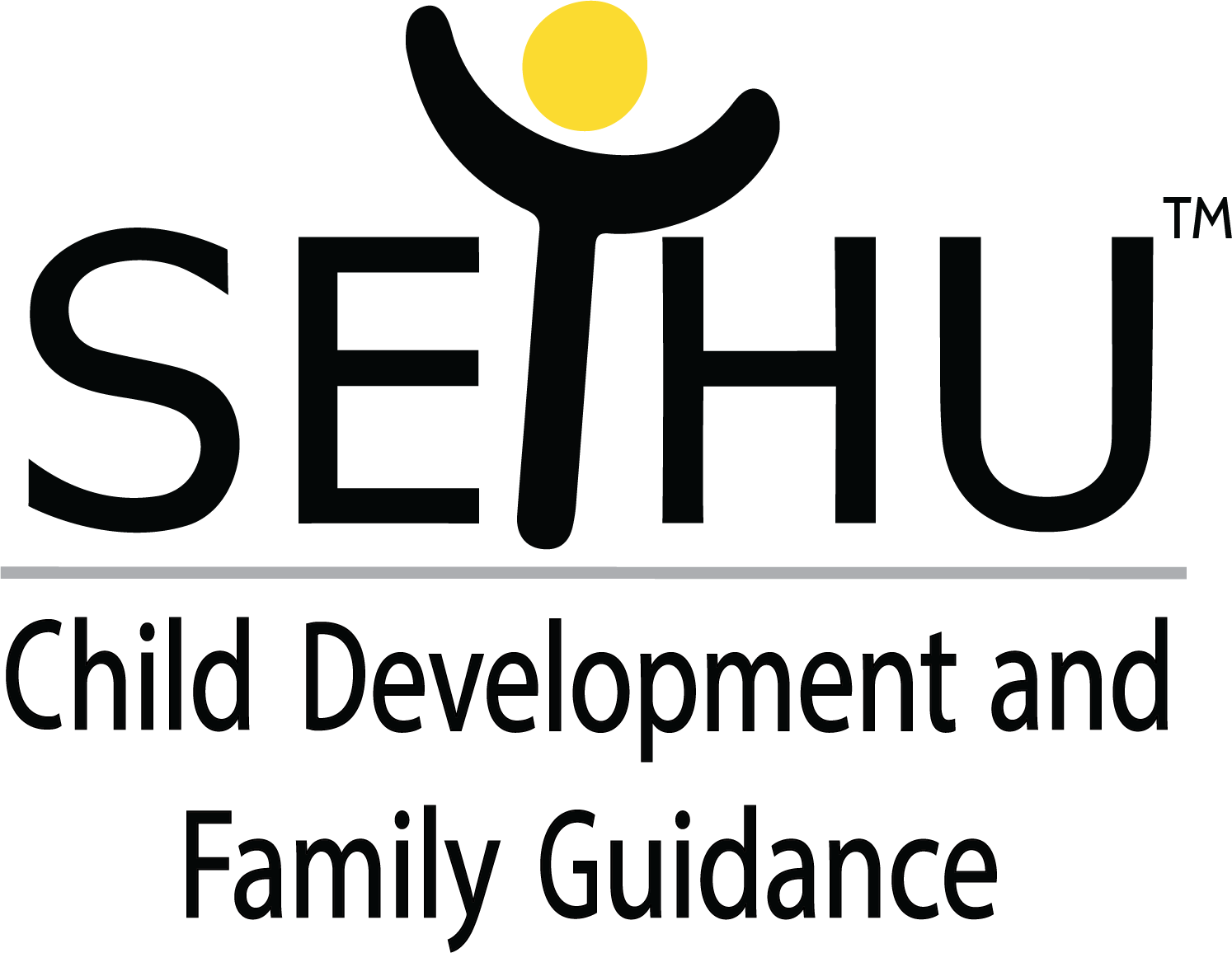by Andre Velho, Head – Autism Programme, Sethu.
Autism is a type of neurodiversity – one of the many ways in which people’s brains can be unique. Ananya is an autistic teenager. She struggled to make friends due to her communication and interaction differences but found comfort and joy in rhythm from early on. With support and encouragement from her family, she began learning the tabla. Today, Ananya is a phenomenal tabla player, performing live for audiences across Goa. Roger is an autistic ten-year-old who is still learning to communicate and is being home-schooled since he struggles to learn in a traditional schooling set up. Despite these challenges, Roger is incredibly social. He eagerly helps his family out with small tasks at home like doing the dishes and laundry, and always offers a warm smile to those around him. Ananya’s and Roger’s stories echo the experiences of lakhs of autistic people across Goa who are navigating a world that often does not accommodate them. Their stories are a reminder that every autistic person, regardless of their abilities and differences, has a place in our society and deserves acceptance and inclusion.
Autistic brains are wired differently to most people’s brains, as a result of which autistic people see, hear, and feel things differently. They may sometimes socialise or communicate differently, and they also have really cool talents and strengths. The concept of neurodiversity challenges the idea that there is one ‘normal’ way to think, learn, or experience the world. Instead, it recognizes that neurological differences such as autism are natural variations of human cognition – just like biodiversity in nature. Neurodiversity is not a deficit; it is a difference. While autism awareness is nice, it alone is not enough. Acceptance and taking action are important – welcoming autistic people as valuable members of our society and making meaningful changes to ensure they thrive in Goa. Here’s what can be done:
1. Education – Schools can move beyond token inclusivity and genuinely prioritise participation of autistic students. This means investing in training teachers and increasing teacher support, working with the child’s family and treating children with kindness and respect.
2. Workplace Accessibility – Workplaces can recognize that autistic employees bring unique strengths. Small adjustments like flexible work hours, clear communication styles, and sensory accommodations can create an inclusive work environment where autistic employees can thrive.
3. Community and Public Spaces – Public places can be designed to be more autism-friendly, with quiet zones and sensory equipment (like dark glasses and headphones) in malls and supermarkets, and safe community play areas for autistic children.
Returning to Ananya and Roger’s stories. Their parents once feared they would struggle to find their place in the world. But through music and social engagement, they have found joy, purpose, and acceptance. Their stories prove that with the right support, autistic people can thrive in their own ways. Goa has great potential to be an inclusive society. All it requires is a shift in mindset from “fixing” autistic people to accommodating them and celebrating their differences. In doing this, not only do their lives change for the better, but Goa changes for the better.
